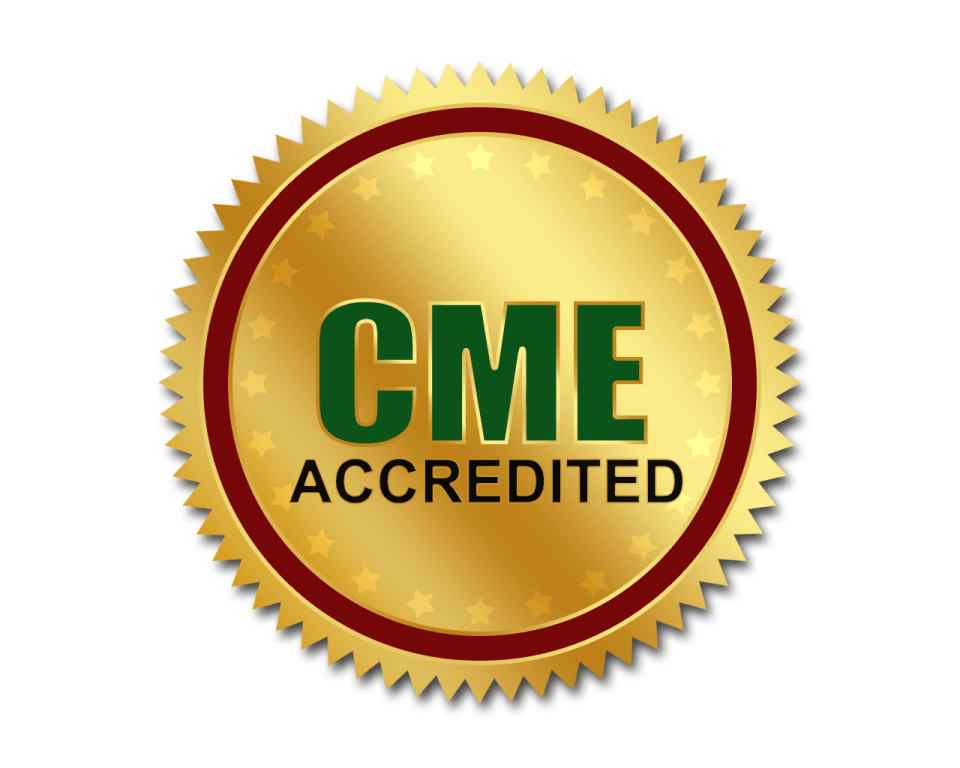Henri-Corto Stoeklé
Paris Descartes University, Centre Universitaire des Saints-Pères, Paris, France
Title: 23 and Me: a new two-sided data-banking market model
Biography
Biography: Henri-Corto Stoeklé
Abstract
Since 2006, the genetic testing company 23andMe has collected biological samples, self-reported information, and consent documents for biobanking and research from more than 1,000,000 individuals (90% participating in research), through a direct-to-consumer (DTC) online genetic-testing service providing a genetic ancestry report and a genetic health report. However, on November 22, 2013, the Food and Drug Administration (FDA) halted the sale of genetic health testing, on the grounds that 23andMe was not acting in accordance with federal law, by selling tests of undemonstrated reliability as predictive tests for medical risk factors. Consumers could still obtain the genetic ancestry report, but they no longer had access to the genetic health report in the United States (US). However, this did not prevent the company from continuing its health research, with previously obtained and future samples, provided that consent had been obtained from the consumers concerned, or with health reports for individuals from other countries. Furthermore, 23andMe was granted FDA authorization on February 19, 2015, first to provide reports about Bloom syndrome carrier status, and, more recently, to provide consumers with “carrier status” information for 35 genes known (with high levels of confidence) to cause disease. In this Debate, we highlight the likelihood that the primary objective of the company was probably two-fold: promoting itself within the market for predictive testing for human genetic diseases and ancestry at a low cost to consumers, and establishing a high-value database/biobank for research (one of the largest biobanks of human deoxyribonucleic acid (DNA) and personal information). By dint of this marketing approach, a two-sided market has been established between the consumer and the research laboratories, involving the establishment of a database/DNA biobank for scientific and financial gain. We describe here the profound ethical issues raised by this setup.

